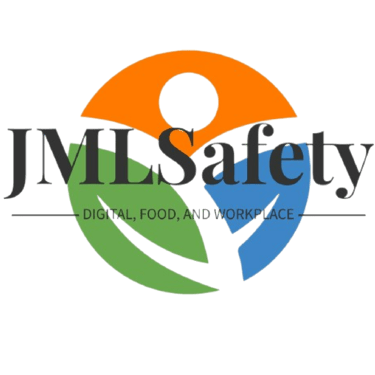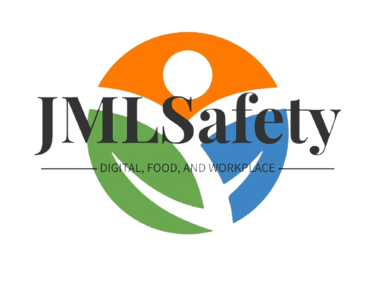Cybersecurity in Agriculture—Why It Matters More Than Ever
Farming has come a long way from traditional manual labor. Today, technology plays a critical role in agricultural operations, from automated irrigation systems to GPS-guided tractors and digital record-keeping. But with this modernization comes an often-overlooked risk—cyber threats. Cybercriminals don’t just target banks or big corporations anymore; farms and agribusinesses are increasingly in their crosshairs. A single cyberattack could halt your operations, compromise sensitive data, and result in significant financial losses. So, how vulnerable is your farm, and what can you do to protect it?


Key Cyber Risks Affecting Agriculture
🚨 Ransomware Attacks: One of the most common threats today, ransomware locks critical systems and demands payment for access. Imagine losing control of your irrigation systems or grain storage facilities just before harvest. Without proper security and backups, you could be left scrambling.
🚜 Equipment Vulnerabilities: Smart farming relies on internet-connected devices, from automated feeding systems to weather monitoring tools. If these aren’t secured, hackers could manipulate or shut them down, disrupting your entire operation.
🔗 Vendor & Partner Risks: Farms often work with third-party vendors for software, machinery, and processing. If these partners have weak cybersecurity, their systems could become an entry point for hackers looking to access your operation.
🛠️ Data Breaches & Theft: Many farms now use cloud-based platforms for record-keeping, payroll, and inventory management. Without strong passwords and proper security, this valuable data could be exposed.
Simple, Effective Steps to Protect Your Farm
While cybersecurity might seem overwhelming, you don’t need to be an IT expert to improve your farm’s digital security. A few simple measures can go a long way:
✅ Keep Equipment & Software Updated: Cybercriminals often exploit outdated systems. Regular updates ensure you’re protected against known vulnerabilities.
✅ Train Employees: Your team should know how to recognize phishing emails, suspicious links, and unauthorized access attempts.
✅ Use Strong Passwords & Multi-Factor Authentication (MFA): Avoid easy-to-guess passwords and enable MFA wherever possible for an extra layer of security.
✅ Vet Your Vendors: Ask your partners about their cybersecurity policies. If they aren’t taking security seriously, they could be putting your farm at risk.
✅ Back Up Critical Data: Regularly back up financial records, equipment settings, and other essential information. In case of an attack, this can help restore operations quickly.
At JML Safety, we believe protecting your farm’s digital infrastructure is just as important as safeguarding your physical assets. Cyber threats are real, but with the right approach, you can keep your operation secure and running smoothly.


